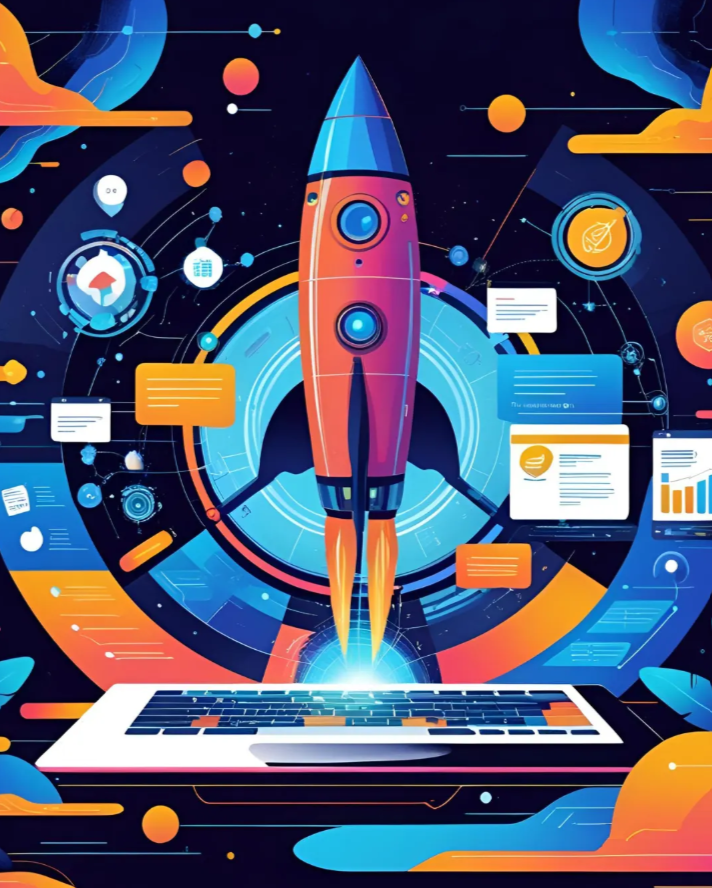What is the Superintelligence
- GSD Venture Studios

- Nov 27, 2023
- 3 min read
Updated: Jun 17, 2024

Superintelligence refers to a form of artificial intelligence (AI) that is significantly more advanced and capable than human intelligence across a wide range of domains such as scientific creativity, general wisdom, and social skills. The concept of superintelligence goes beyond just being better at calculating or processing information; it encompasses the ability to outperform the best human minds in practically every field, including emotional intelligence, decision making, and artistic capabilities.
The impact of superintelligence on humanity can be profound and multifaceted:
Technological Advancements: Superintelligence could lead to breakthroughs in areas like medicine, environmental technology, and space exploration. It could solve complex scientific problems that are currently beyond human capability.
Economic Changes: It could drastically alter job markets as its capabilities may render many jobs obsolete, but also potentially create new industries and opportunities.
Ethical and Moral Implications: The decision-making process of a superintelligent AI, particularly in areas involving human life and societal norms, raises significant ethical questions. The alignment of AI's goals with human values is a major concern.
Risk of Misuse or Loss of Control: There is a risk that such powerful technology could be misused, or that it could act in ways not intended by its creators, potentially leading to unintended and possibly disastrous consequences.
Societal Shifts: Superintelligence could lead to profound changes in social structures, governance, and daily life, as humans adapt to living alongside or even being dependent on superior intelligent entities.
Existential Risk: Some theorists argue that if not properly controlled or aligned with human interests, superintelligence could pose an existential risk to humanity.
The development and management of superintelligence require careful consideration of these potential impacts, along with robust ethical frameworks and international regulations to ensure that its benefits are maximized while minimizing its risks.
Enhancement of Human Capabilities: Superintelligence could enable the augmentation of human cognitive and physical abilities, either through direct biological enhancement or through the creation of highly advanced tools and interfaces.
Global Problem Solving: With its superior analytical and predictive capabilities, superintelligence could play a critical role in addressing global challenges such as climate change, poverty, and pandemics. It could provide solutions that are not apparent or achievable through human intellect alone.
Moral and Philosophical Development: The existence of a superintelligent entity might lead humanity to reevaluate its moral and philosophical beliefs. Questions about consciousness, the value of human life, and the nature of intelligence itself could be profoundly influenced.
Cultural and Artistic Evolution: Superintelligence could contribute to the fields of art and culture, potentially creating new forms of artistic expression or offering novel interpretations of human culture.
Education and Learning: The methods of education and learning could be revolutionized by superintelligence, enabling personalized learning experiences that adapt to individual needs and capabilities, potentially accelerating human intellectual development.
Healthcare Advancements: In the field of medicine, superintelligence could lead to breakthroughs in understanding diseases, developing treatments, and personalizing medical care to an unprecedented degree.
Interaction with Other Technologies: The interaction of superintelligence with other emerging technologies like nanotechnology, biotechnology, and quantum computing could lead to synergies that further amplify its impact.
Ethical and Legal Frameworks: The development of superintelligence will necessitate the creation of new ethical guidelines and legal frameworks to govern its development, deployment, and interaction with humans.
Human Identity and Relationship with AI: The existence of beings more intelligent than humans could lead to existential questions about human identity and the future of human-AI relationships.
In summary, the emergence of superintelligence holds the potential for transformative changes in almost every aspect of human life. While its development and application offer exciting possibilities, they also present unprecedented challenges and risks that need to be managed with caution and foresight. The future trajectory of superintelligence will be a key determinant of humanity's path in the coming decades.
Originally published in Medium




Comments